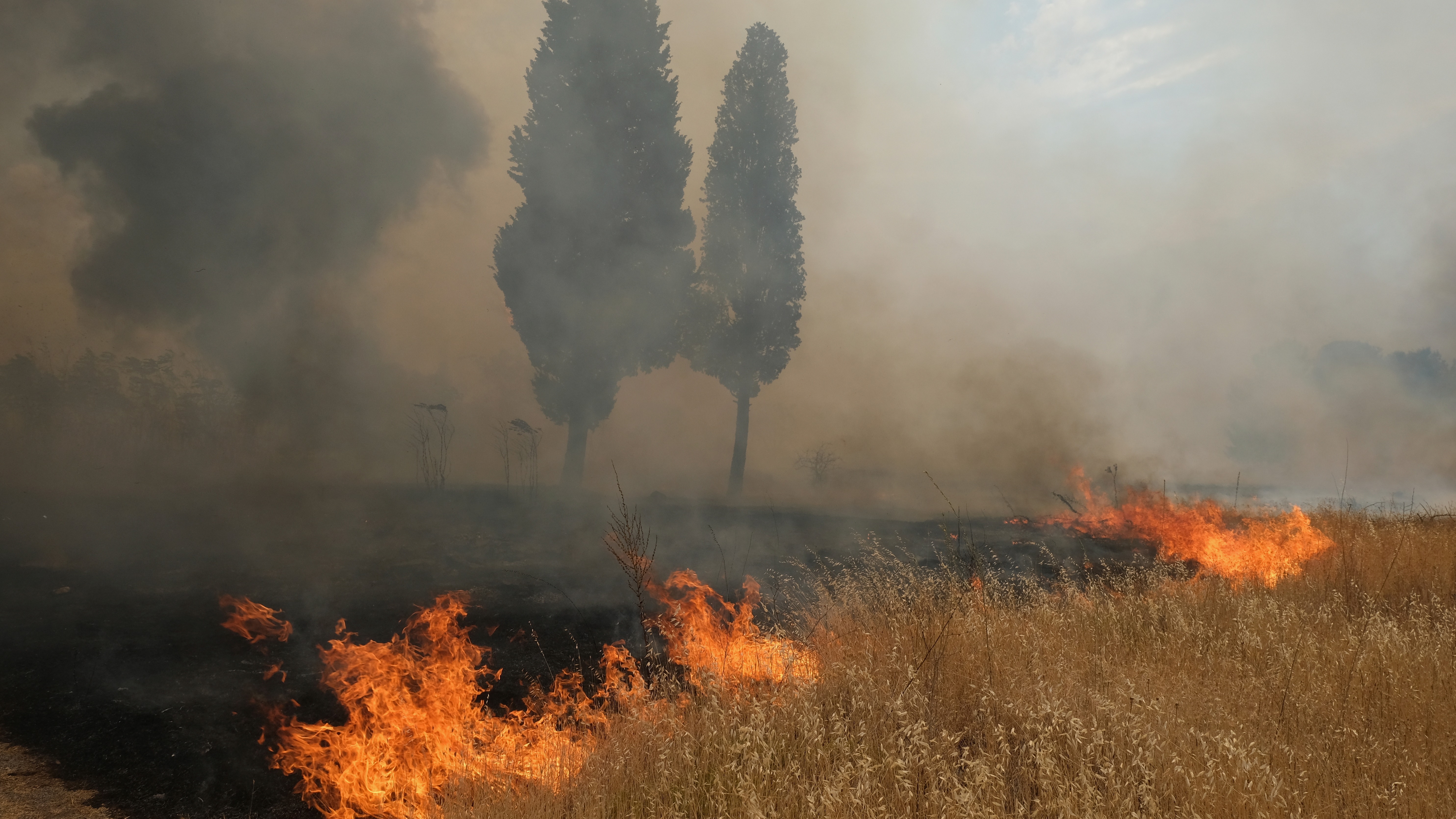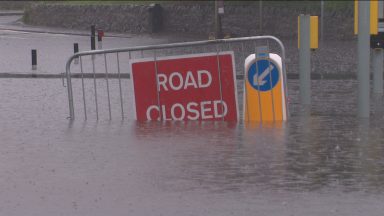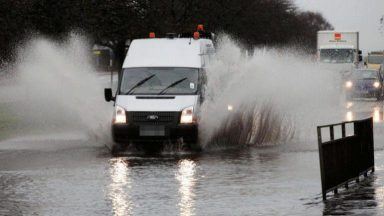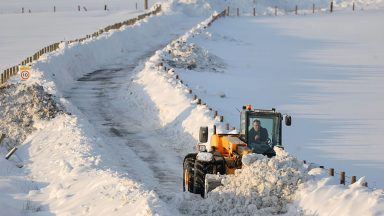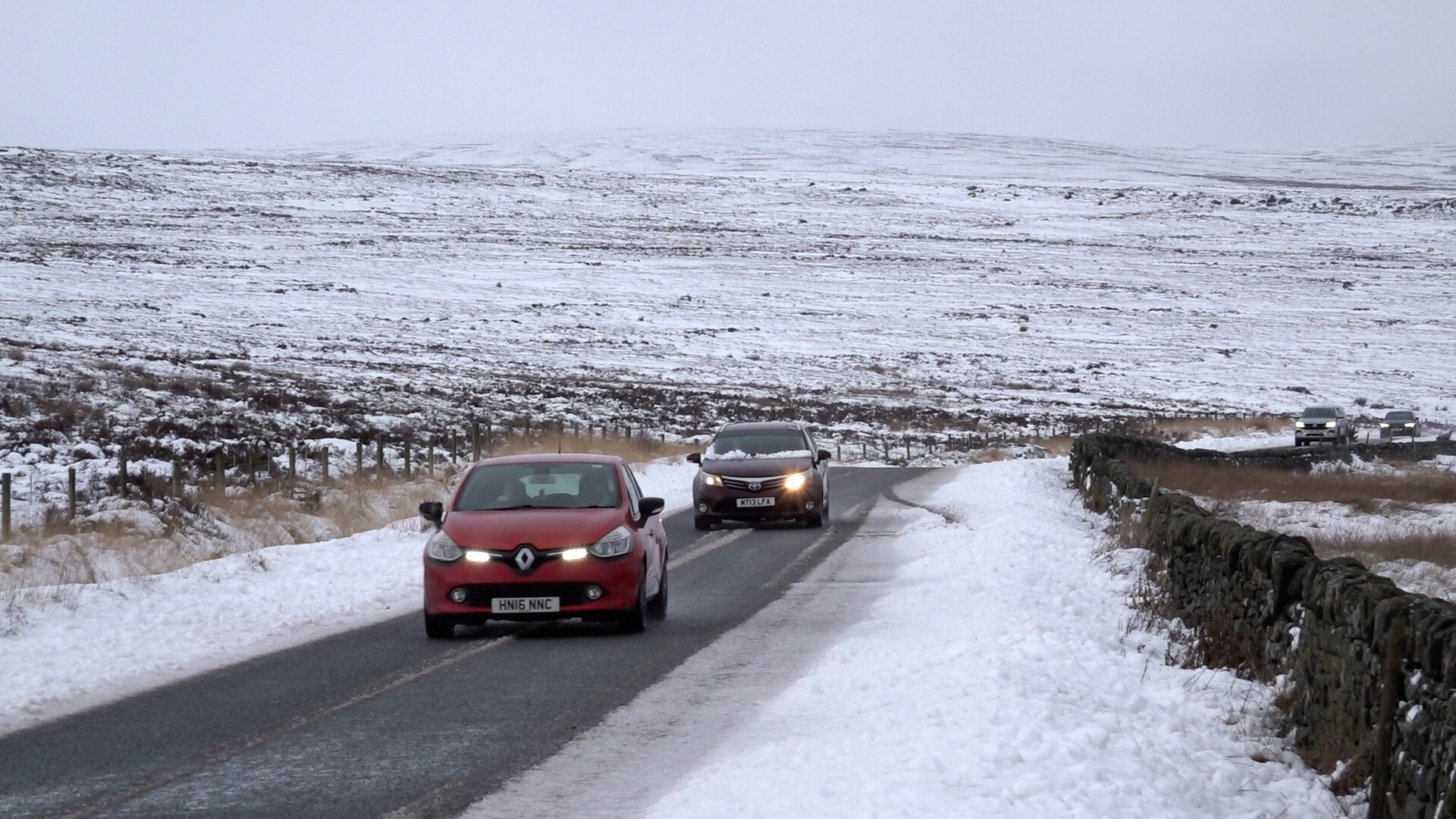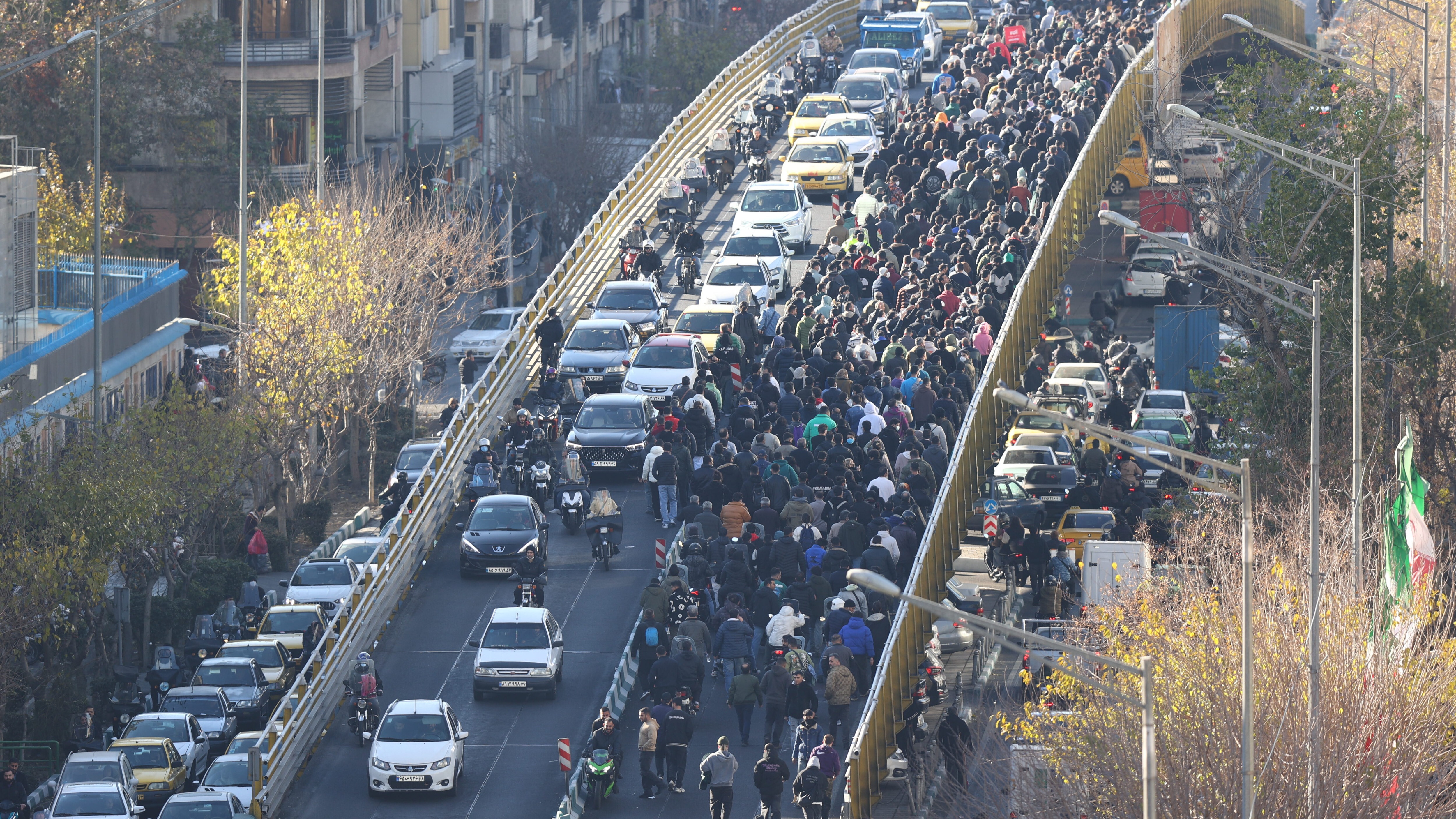At least 17 people have been killed in the wildfires, as ITV News Correspondent Sejal Karia reports
Wildfires have been sweeping through parts of Europe, claiming lives and prompting evacuations.
Turkey, Greece, Montenegro and Bulgaria have all been impacted to date. So, what is the situation in each of the countries and what is the advice for those planning to travel to the region?
Wildfires in Europe
Have you been impacted by these events? Tell us your story.
Turkey
Wildfires have been plaguing Turkey for weeks, causing multiple deaths and forcing more than 3,500 people to flee their homes.
Areas affected so far include Mersin, Antalya, the central province of Usak, Bursa and Karabuk.
Turkey recorded its highest ever temperature of 50.5C in the southeastern Sirnak province on Friday, according to the General Directorate of Meteorology.
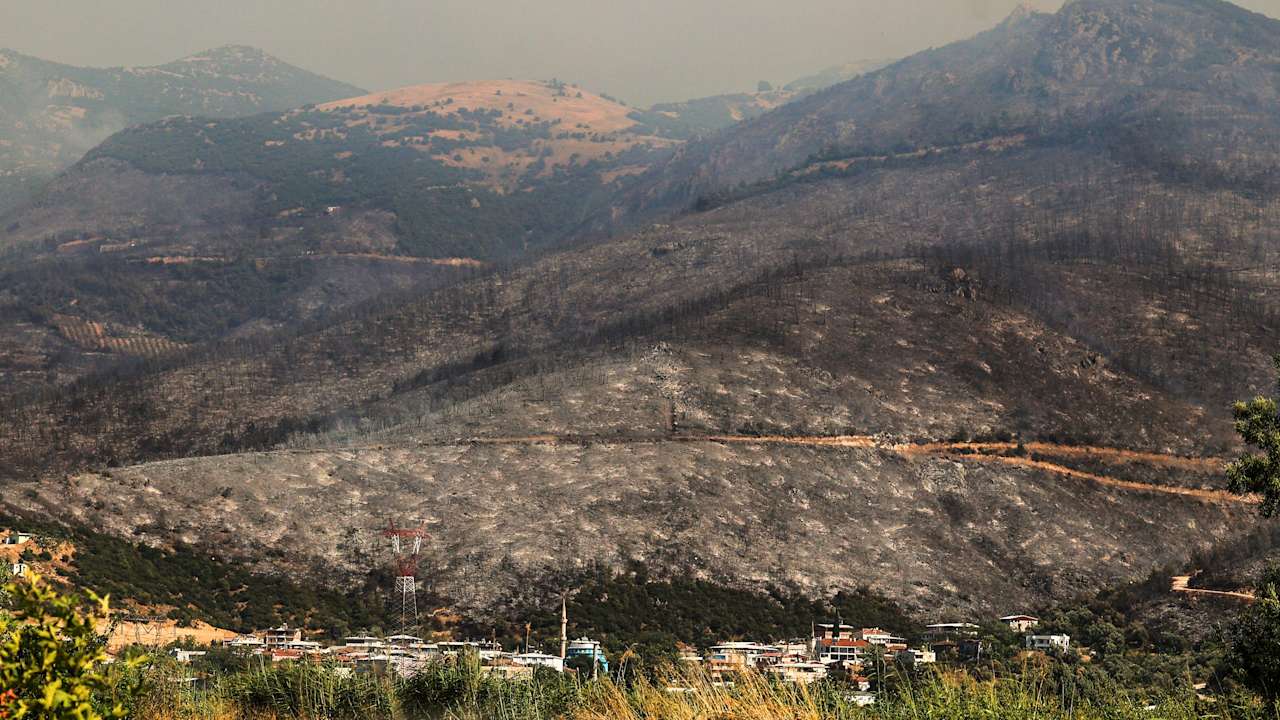
While the Foreign Office hasn’t issued any wildfire-specific guidance for travelling to Turkey, it does say that wildfires “happen frequently” in the country and that visitors should look out for local signs regarding fires, barbeques and smoking.
Turkey’s emergency services can be contacted by calling 112.
Greece
Firefighters tackled active wildfires in southwest Greece and on the island of Kythera on Sunday after a fire that scorched the northern Athens suburb of Kryoneri on Saturday.
Much of the country is experiencing high temperatures in excess of 38C, but winds have died down since the weekend.
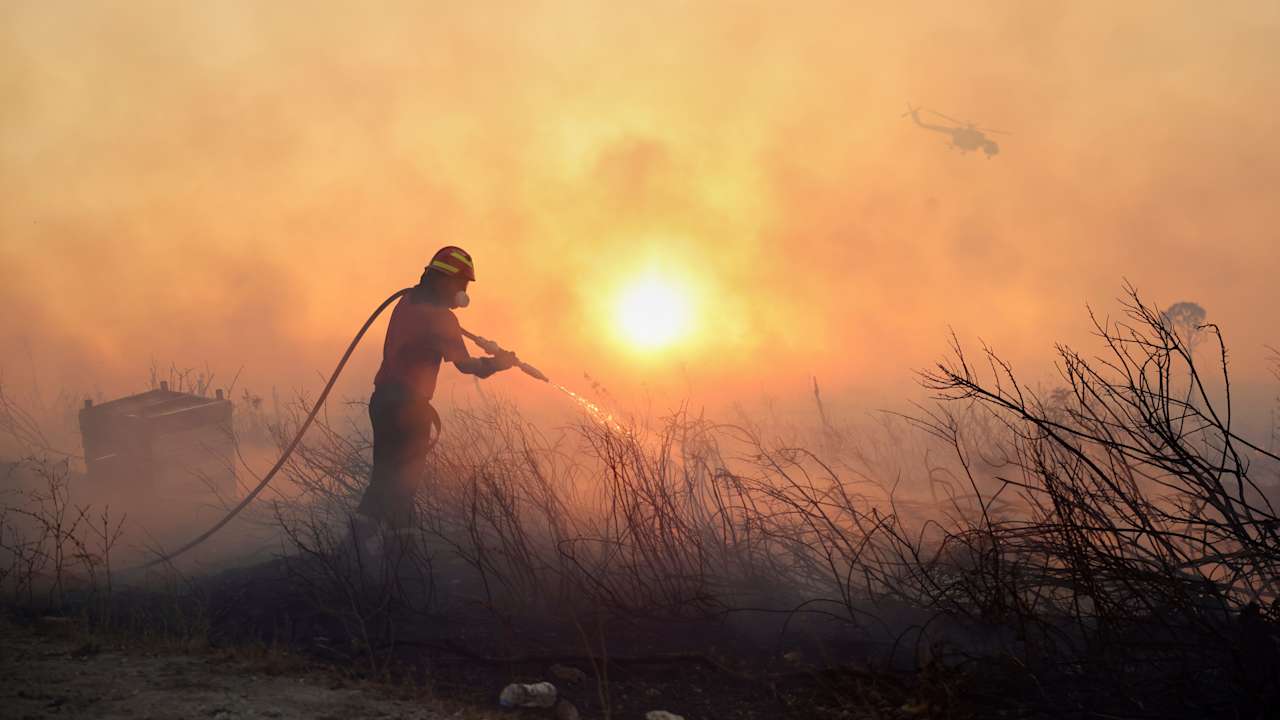
The Foreign Office says there is a “high risk” of wildfires in Greece between April and October but it does not actively warn against travel.
It does suggest registering your mobile phone to receive emergency alerts about wildfires near your holiday location.
Greece’s emergency services can be contacted by calling 112.
Montenegro
Montenegro has similarly suffered with wildfires in recent weeks due to high temperatures, dry conditions and strong winds.
Areas around the capital, Podgorica, have been particularly affected.
The Foreign Office says wildfires are “highly dangerous and unpredictable” between April and October and recommends being especially cautious when visiting the countryside, ensuring cigarettes are properly put out and not lighting barbeques and fires unless in a designated area.
Montenegro’s emergency services can be contacted by calling 112.
Bulgaria
Southern Bulgaria borders Greece and Turkey, and is suffering with similar wildfires.
The Bulgarian government declared the worst-hit provinces as disaster zones, with around half the country’s population receiving code red warnings – the highest warning level.
National Fire Service chief Alexander Djartov told reporters that 236 wildfires were burning over the weekend.
The Foreign Office doesn’t advise against travelling to Bulgaria because of the fires, but it does say there is “danger of large-scale and quick-spreading fires” in forests and fields.
Bulgaria’s emergency services can be contacted by calling 112.
Are the wildfires worse than usual?
More land than ever before has been burned across the European Union so far in 2025, according to the European Forest Fire Information System.
Just over 200,000 hectares have been in flames – that’s more than twice the average for between 2006 and 2024.
Will they continue to get worse?
Areas prone to wildfires tend to have warnings in place for the whole warm weather period, so fires could cause problems until around October.
Hotter and drier conditions associated with climate change are expected to increase the likelihood and severity of wildfires in the future.
Southern European countries are set to be worst affected, European Commission data shows.
Follow STV News on WhatsApp
Scan the QR code on your mobile device for all the latest news from around the country


